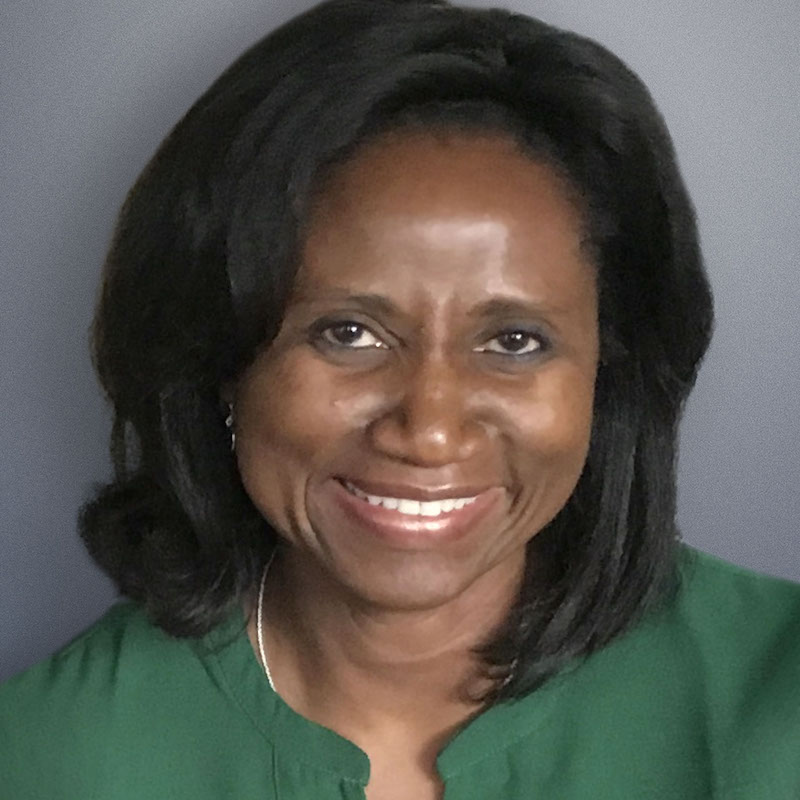New Funding Opportunity for Research on Fostering Behavioral Health Among Children in School
September 1, 2022
Improving the mental and emotional health of children and youth is a top public health priority in the United States. As President Joe Biden emphasized in his State of the Union message in March, youth have been particularly affected by the losses from COVID-19 and the disruptions in routines and relationships associated with the pandemic. And even before the pandemic, many young people struggled with serious mental health issues such as depressive symptoms and thoughts of suicide. Youth from populations that experience health disparities are having a particularly difficult time, both because they are exposed to stressors such as poverty and discrimination and because they have less access to mental health services.
One important way to promote better mental, emotional, and behavioral health in children and youth is by developing effective school-based interventions. Schools have increasingly become key access points for mental health services for youth, and they can reach children at different developmental stages.
Complementary and Integrative Approaches To Promote Mental Health
Preliminary evidence suggests that some complementary health approaches, including mindfulness and yoga, may improve social and emotional resiliency in youth, with benefits for mental health, physical health, stress management, and academic performance. However, the existing research has gaps and methodological limitations, and few studies have determined the effectiveness of these interventions across multiple schools.
Our new funding opportunity, Fostering Mental, Emotional, and Behavioral (MEB) Health Among Children in School Settings: Opportunities for Multisite Trials of Complementary and Integrative Health Interventions (Clinical Trial Optional) (RFA-AT-23-003), will help fill the evidence gaps. It will support rigorous multisite efficacy or effectiveness trials at geographically diverse schools. Projects must either be conducted entirely in a school setting or identify youth at schools and then deliver the intervention before or after school or via telehealth.
The funding opportunity announcement (FOA) uses the UG3/UH3 phased award mechanism, which includes a milestone-driven planning phase (UG3) for 1 year with a possible transition to a study conduct phase (UH3) for up to an additional 4 years. Only projects that meet their UG3 milestones will transition to the UH3 phase.
Details of the FOA
The goal of this FOA is to improve the evidence base on school-based complementary and integrative health interventions to improve youth mental health. Key details include the following:
- The National Center for Complementary and Integrative Health (NCCIH) intends to commit up to $1.5 million direct costs in FY 2023 to support up to three awards.
- Applications that include multicomponent approaches and evaluate the impact on the whole child are encouraged.
- Projects that focus on reducing health disparities and advancing equity are of high interest.
- Projects should seek to involve collaboration with relevant stakeholders, such as health service providers and systems, community-based organizations, or departments of social services.
- Applications must propose multisite efficacy or effectiveness trials of psychological or physical complementary health approaches. Proposals for other types of projects, such as studies conducted in a single school, animal or in vitro studies, initial feasibility studies, or projects involving dietary supplements, will be considered not responsive to this FOA and will not be reviewed.
- The due date for applications is October 28, 2022.
If you have questions, please contact me at beda.jean-francois@nih.gov. It’s best to reach out early to discuss your potential project and specific aims. I look forward to hearing from you and receiving your application.

Comments
Comments are now closed for this post.